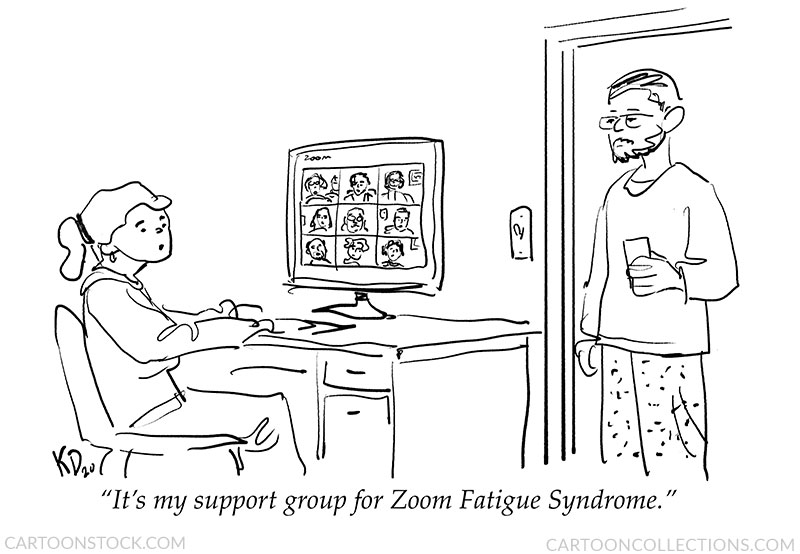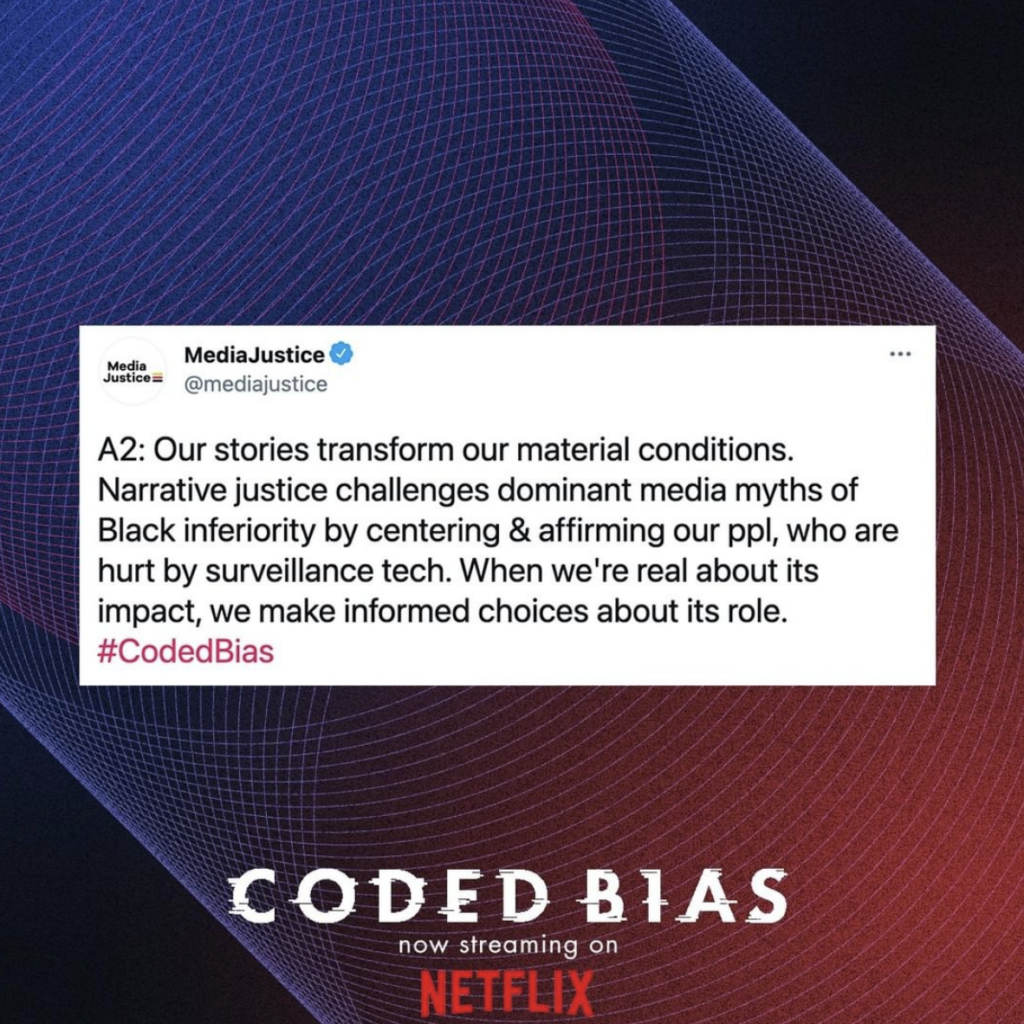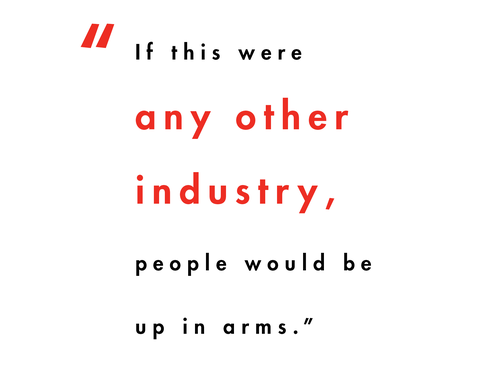For this week’s class we are discussing Xenofeminism.org which is a website led by an anonymous group of people. The post-modern movement of xenofeminsim focuses on the advancements of technology, on gender abolition, on feminist emancipation, on societal alienation and on anti-naturalism. When you go to the website, the first thing that you see is a post:
“I Wore a Music-Activated Vibrator to the Club Instead of Doing Drugs”
– I had more orgasms than you had last weekend.
Interestingly, the concept of doing drugs while going to a dance club is replaced by the concept of having orgasms. What does this say about the ‘feminist movement’? When comparing drugs to orgasms, does this obscure or highlight the relationship a femaled body could have over their pleasure autonomy? What are some of the liberal OR progressive qualities of having sexual pleasure in a public environment by way of a technological apparatus (a vibrator)?












